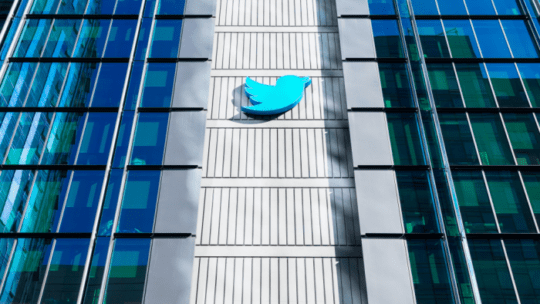
It is said that within every crisis lies opportunity. Making the difficult choice of conducting a large layoff faces many executives. But delivering this news need not be a reputation crisis.
Much is written about how Elon Musk, Twitter’s new owner and CEO, and Mark Zuckerberg, CEO of Meta, conducted recent layoffs. The way they shared the news offers lessons in internal communication. I’ll also draw on my experiences with this tough task. Some pointers:
1. Have a balance in your trust bank. Given Musk’s freewheeling communication style, Twitter employees were bracing for the worst when he took the helm. Indeed, rather than increasing trust with an all-hands meeting to discuss his vision for Twitter, Musk did the opposite. His poor handling of job cuts utterly failed to build a trust bank with employees who remain.
2. Develop a communication plan. Just before I joined a company in Chapter 11, it had conducted a large layoff poorly. (The CEO was noticeably absent, and a large, bronze statue was delivered as employees left. Bad optics=erosion of trust.) In my first week, I prepared another large layoff. My goal: deliver a communication plan and train managers to use it. The focus was on honesty, empathy, respect and dignity for those losing their jobs and the survivors who had to absorb the work. In addition, we made sure there were no mixed messages (i.e., no expensive art delivered).
3. Develop a tight timeline to manage network access. Don’t disconnect employees from network systems until the news is delivered. Being shut out of the network is not a recommended news-delivery tactic.
4. Prepare managers to deliver the news. Walk them through the communication plan and tools in advance and gather feedback that can help improve it. Conduct a debriefing following the day’s actions to discuss what worked and what needs improvement.
5. Own the decision. Musk failed to communicate even the most basic information meaningfully (in more than 280 characters and directly to impacted employees). On the other hand, Zuckerberg communicated with empathy. He spoke directly with employees and explained why cuts were made. “I want to take accountability for these decisions and for how we got here. I know this is tough for everyone and I’m especially sorry to those impacted.”
There are many more lessons from these recent events. The most important are the common sense ones. Be human. Be honest. Act with integrity. In so doing, even bad news can lead to a better future.
Deb Hileman, SCMP, is president and CEO, Institute for Crisis Management.
